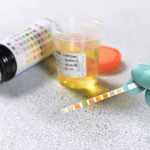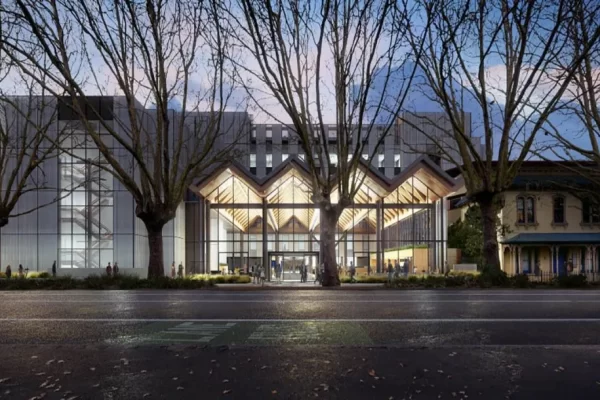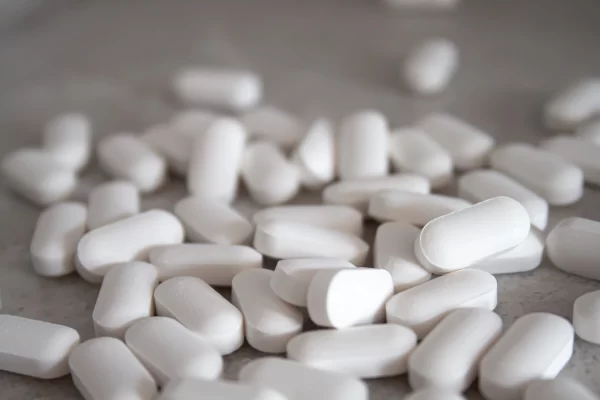The National Mental Health Institute estimates 4.4 percent of adults in the United States will be diagnosed with bipolar affective disorder, or BPAD for short, in their lifetime. Bipolar affective disorder and its variants are complex, and can therefore be difficult to treat with traditional prescription medications. While little formal research into the effects of CBD for bipolar exists, anecdotal evidence supported by preliminary studies, suggests that cannabinoids have the potential to improve the symptoms of BPAD in some individuals by regulating the endocannabinoid system.
What is Bipolar Affective Disorder?
Bipolar disorder is generally described as a mental illness that is signified by changes in mood, behavior and motivation. Bipolar disorder is often identified in patients by symptoms known as cycling. These symptoms generally involve manic episodes in which the patient experiences periods of euphoria, cycling back and forth between depressive episodes where the patient experiences a feeling of hopelessness, often without just cause, or even knowing the reason why. There are multiple versions of BPAD, but Bipolar I is the most severe form of the disease.
Symptoms of Manic Episodes
Sometimes referred to as mania, manic episodes are often characterized by impulsive-behavior, racing thoughts which can lead to insomnia or the inability to focus, as well as abnormal speech and exaggerated self-esteem. Despite the fact that these cycles are considered the “high” point of BPAD, impulsive and risky behavior associated with these episodes can often have serious negative consequences. Often times manic behavior can result in hospitalization, legal trouble, or worse for BPAD sufferers. Even worse still, untreated manic episodes can potentially develop into psychosis.
Symptoms of Depressive Episodes
Depressive episodes are exactly what they sound like, with cases usually resembling the behaviors of patients with severe depression. Symptoms often include feelings of regret, sadness, hopelessness, and loss of interest or a lack of motivation. Additionally these symptoms can lead to problems sleeping, changes in appetite, difficulty focusing, and suicidal thoughts or actions.
This point of the bipolar disorder cycle is considered to be the “low”. As it is with manic episodes, depressive episodes can vary in severity as well. There are also episodes known as ‘mixed episodes’ in which patients can show signs of both mania and depression. These are generally only observed in patients with Bipolar I.
Standard Treatment Options for Bipolar Disorder
Often times treatment for the disease consists of prescription drugs and psychotherapy. However, bipolar affective disorder is known to be treatment-resistant. Treatment-resistant BPAD is cause for concern, as up to half of individuals diagnosed with it attempt suicide at least once in their lives.
In general, the types of medications prescribed for BPAD are often anti-convulsants, anti-manic drugs and anti-depressants. SSRI drugs like anti-depressants should be used with caution. It has been observed that when these types of SSRI drugs are used alone, they can lead to the onset of manic and depressive episodes more quickly, or ‘rapid cycling’. Instead, mood stabilizers or anti-convulsants are often used to avoid risking these potentially negative side effects.
In the past, the only pharmaceutical drug shown to have a consistent, positive effects on the suicide rates in patients with BPAD was lithium. However, new research has shown it may be possible to control BPAD through manipulating the endocannabinoid (ECS) system. This natural system of the human body contains neurotransmitters responsible for binding cannabinoid proteins to receptors.
Endocannabinoid System and Bipolar Disorder
Cannabinoids, a type of compound found in humans, animals and cannabis plants alike, bind to the CB1 and CB2 receptors in the brain to alter its function. Endocannabinoids naturally occurring neurotransmitters produced in the body. Postmortem studies indicate that the brains of patients diagnosed with BPAD, and other mental illnesses, show abnormalities in the endocannabinoid system. A similar study, conducted using mice, showed dysfunctional CB2 receptors inhibited the release of serotonin. This suggests that a healthy ECS can help in the regulation mood in patients with BPAD.
Regulating the ECS with Cannabinoids
Because many endocannabinoid receptors are located throughout the brain, many of the areas they affect are thought to overlap with the regions believed to be responsible for BPAD, and other mental illnesses. Due to this fact, cannabinoids could provide a means in which to manipulate the ECS to regulate brain chemical levels. While these studies are preliminary, more research is being done to prove whether CBD and other cannabinoids could serve as an effective treatment for bipolar disorder.
Cannabidiol (CBD)
Cannabidiol has been shown to inhibit serotonin re-uptake in some lab animals, suggesting that it has the potential to repair abnormalities within the CB1 receptors. If CBD functions similarly in human brains, which many suspect, it could provide an alternative to traditional prescription drugs like SSRIs. This is potentially great news for people suffering with BPAD and other mental illnesses who are seeking a relief supplement without the negative side effects commonly associated with SSRIs and other prescription medications.
A randomized clinical trial found that CBD reduces abnormal brain function in the regions commonly associated with psychosis. This implies that CBD may have therapeutic effects on the symptoms associated with the manic phase of BPAD. If CBD regulates both depressive and manic symptoms, it could help treat individuals who do not react well to lithium or other medications.
Other Cannabinoids
Cannabis is a complex substance, with compounds made up of over 500 different chemicals. Currently, 113 of these compounds have been identified as cannabinoids. Unfortunately, due to the fact that cannabis has been under legal prohibition in many areas for decades, there has not been much long-term scientific research conducted to study the effects of these compounds. Therefore there is little information on these chemicals, apart from CBD and THC, because few studies have focused on determining what reactions they produce in the endocannabinoid system. However, other cannabinoids that have already been isolated, like CBG and CBCV, seem to show a potential for treating mood disorders like depression. Further study should help isolate more of these chemicals and determine what effects they have on the body.
Using CBD for Bipolar Disorder
CBD is mild, and generally well tolerated. It does not get the user ‘high’ like THC, and typically there are no negative side effects. Only a small number of people reported nausea or fatigue after using CBD. Still, there are risks associated with treatment methods using cannabis derivatives. Individuals experiencing symptoms of bipolar affective disorder, or any health condition, should consult with a medical professional before starting a CBD regimen or changing treatment methods.
Regulating the ECS through cannabinoids may provide a way to alleviate symptoms in those with BPAD. In short, further clinical trials in humans are needed to validate preliminary data, but the future of cannabinoids as a BPAD treatment looks promising.











